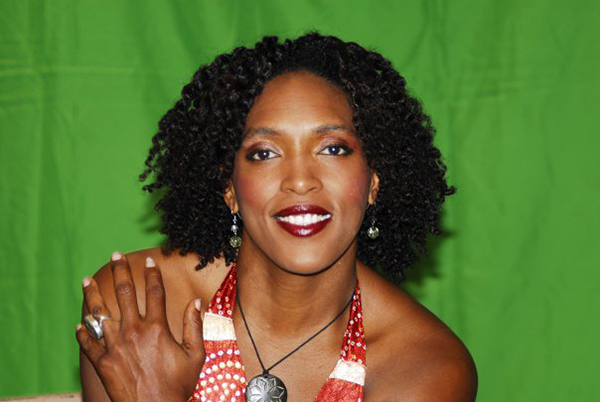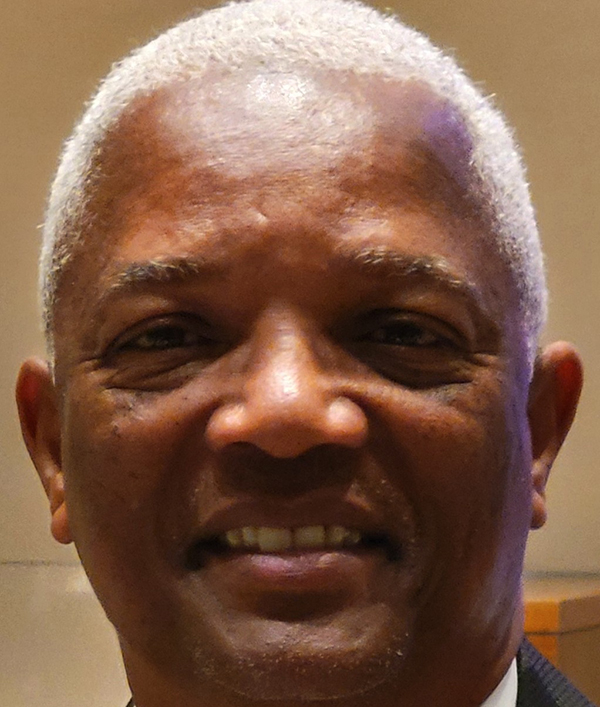By Starlett Quarles
Contributing Columnist
The Lula Washington Dance Theater has been a cultural and artistic staple in Los Angeles for more than 30 years. From the international acclaim of its professional dance company, to the local praise of its youth programs, dance training and live performances; since its inception, it has been dedicated to creating and sustaining the legacy of dance as an artistic expression of the Black experience.
But with so many of our youth being influenced by twerking, hip hop videos and reality TV dance competition, I wanted to talk to LWDT’s Associate Director, Tamica Washington-Miller, about the future, cultural authenticity and our appreciation of dance in Black Los Angeles.
SQ: What is the legacy of dance in Black Los Angeles?
TWM: Starting in the 1900s you’re looking at people like Katherine Dunham who spent time here in LA, and where a lot of her dancers relocated to “do” Hollywood and to train people.
Dunham herself actually taught people like Bob Fosse. And [her dancers] also taught major [white] celebrities during the era of the big Broadway musical movies. They studied dance from Black people so that they could get the rhythm, timing and find “soul” in their works.
So the importance of Black dance in L.A. is huge, and the legacy has been here forever with leaders like Alvin Ailey, Carmen de Lavallade, Janet Collins, and Donald McKayle, to name a few. They really laid the foundation for what we have today.
SQ: Why is it important for us to support dance in the Black community?
TWM: It’s important because of what it brings to us. For our youth, whether they become a professional dancer or not, it builds self-esteem, along with body and spatial awareness. It [also] engages both sides of the brain, which helps students learn how to make choices in life. And I think that’s a big issue in our community with all of the things our youth are [being] challenged with. So having that space to make decisions is really important for their development.
For adults, I think it’s important for us to support live performance art, like we support Black theater and Black music. I think one of the biggest issues adults have in supporting dance, is that sometimes they don’t understand it, think they’re invited or believe it’s relevant to them.
But when you go and see Black dance, you’re going to see stories that are relevant to you. You’re going to see bodies that look like yours. You’re not going to always see the waif. You’re going to see actual Black bodies and the beauty of what dance does for the body.
I believe that if people could see an access point into [the art of dance.] If they can open up enough to say, “Let me go and see. Let me go and experience it for myself.” Then I believe we will see more Black choreographers, more Black companies, more Black dancers, and the business of dance will continue to grow.
SQ: In terms of our youth, how have shows like “So You Think You Can Dance?” and “Dance Moms” impacted the perception of a professional career in dance?
TWM: For the record, I want to say that I’m really happy that dance has had a resurgence in Los Angeles over the last maybe seven, eight years.
However, some of the TV shows don’t really show the work it takes to get to the level of the dancers they’re seeing on television. A lot of people think that hip hop is just shaking your booty and just doing some crazy moves. But there really are multiple techniques of hip hop.
It is a traditional art form out of the Black community. It comes out of us. Everyone else is learning from what we are doing and finding their own paths within that. So a lot of young people come [to class] thinking, “I’m going to be fierce today. At the end of this class.” And it’s not that way. It does take work.
And parents have to also understand that dance is a long-term process, as well as an investment. And you won’t know the outcome until you put some actual time into it.
SQ: You often talk about our need to better understand the business of dance. What should we know?
TWM: In the Black community, I believe there are a handful of people who understand that dance is a business. However, I think a lot of [Black] people think that [they] should get a discount … or a break. They don’t understand that we [at LWDT] have to pay the mortgage and insurance on the building. We have to be able to have air conditioning, heat and light; which all takes money.
And for those of us in the arts, we try to make it as affordable as possible, but we cannot go into the red doing that. So for people coming to see performances, or coming to take classes, they must understand that the dollar we charge is critical to the longevity of the organization.
So [dance] is a real business. Nonprofit doesn’t mean that it’s not a business, doesn’t need money and that it’s not profitable.
Starlett Quarles is a Gen X Advocate, public speaker and host of the internet TV Talk Show, “The Dialogue with Starlett Quarles.” For more, please visit www.TheDialogueLA.com. This column originally ran July 26, 2018.










